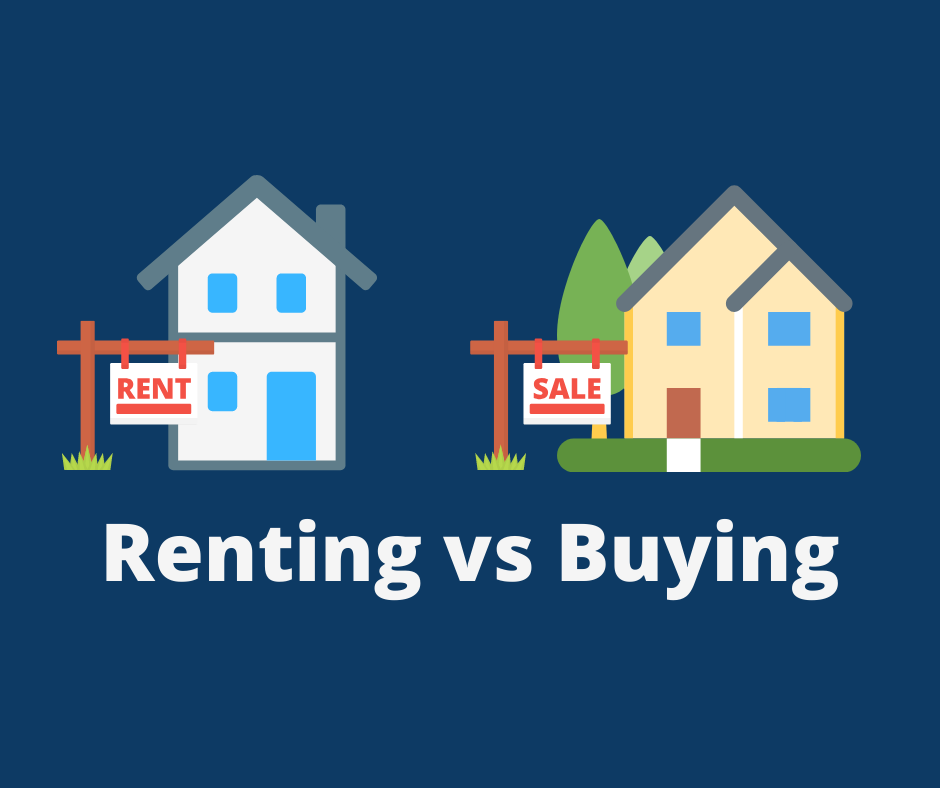Deciding to become a homeowner is a big decision. Paying rent every month is a familiar habit. Plus, to rent a property, you just had to come up with a couple of months’ rent for a security deposit. To purchase a home, you need to put aside enough money for a down payment—although this could be a smaller amount than you think. (We’re happy to refer you to a mortgage loan officer for more down payment details.) The fact is, there are solid reasons why buying a home is better than renting.
Homeownership builds wealth. Owning a home can be a very good way to create wealth over the long term. Be sure to buy a home you can afford that is good value and that you will stay in more than a short time—5 years at least, 7-10 years ideally.
You’re adding to your equity every month. Equity is the amount of money you’d get for selling your home, minus what you still owe on your mortgage. A portion of each monthly mortgage payment pays down the money you owe (the loan principal), and so adds to your equity. This portion of your monthly payment increases every year, so the longer you stay in your home, the faster your equity builds.
A mortgage is automatic savings. That monthly payment to pay down the loan principal is money you’re paying yourself. So, it’s building your assets, just like an automatic savings plan.
Buying is cheaper than renting over the long term. Even though interest is an expense like rent, rents tend to increase, while the interest portion of your monthly mortgage payment actually decreases over time. And unlike rent, mortgage interest is tax deductible, as explained next.
You get tax deductions.
- On your Federal income tax return, you can deduct the interest you pay on up to $750,000 of mortgage debt ($375,000 if married filing separately), and up to $1 million ($500,000 if married filing separately) if the mortgage was taken out before December 16, 2017. This deduction applies to both a primary home and a second home.
- You can deduct the property taxes you pay up to $10,000 ($5,000 if married filing separately).
- You can deduct the points, called loan origination fees, paid at closing, over the life of your mortgage.
- If you take out a home equity loan or line of credit, you can deduct the interest you pay on the money you borrow if the loan proceeds were used to buy, build, or substantially improve your home.
- You may be eligible for additional deductions or credits. Here’s more info from the IRS.
You can get a capital gains tax exclusion. This applies to a home that’s your primary residence for more than two out of the five years prior to the date of sale. When you sell, you can keep up to $250,000 in profits if single, and up to $500,000 if married—without owing any tax on those capital gains. Here’s more on this topic from the IRS.
As with all tax matters, please contact a tax professional before making any decisions.
When you own a home, you can make it your own. You can make whatever changes you desire to a home you own without seeking the approval of a landlord. And the money you spend on those changes may even increase the value of your property.
For help in listing your home for the best price—and finding your dream home—please text, call, or email us today!







